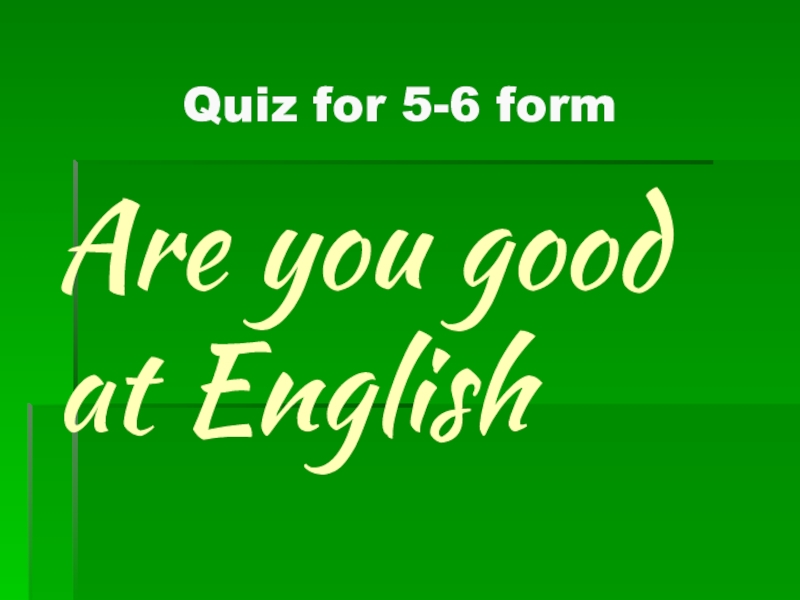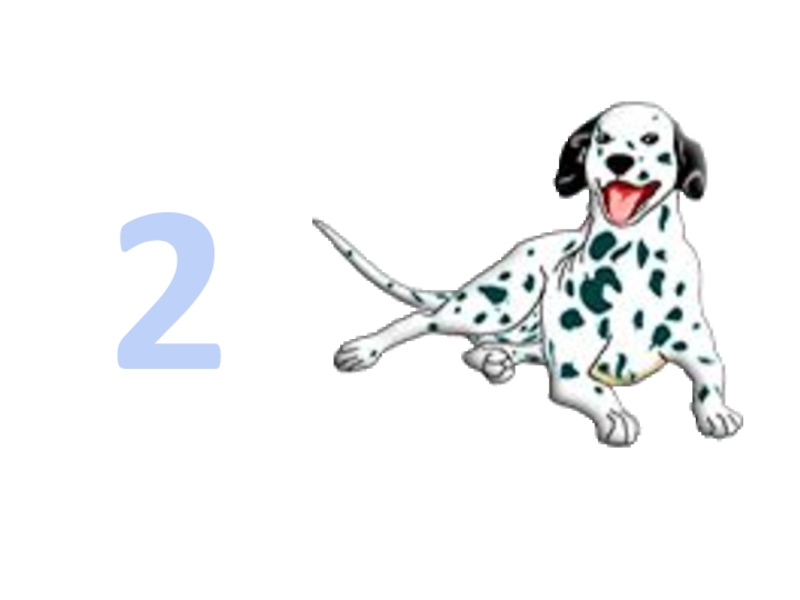- Главная
- Разное
- Образование
- Спорт
- Естествознание
- Природоведение
- Религиоведение
- Французский язык
- Черчение
- Английский язык
- Астрономия
- Алгебра
- Биология
- География
- Геометрия
- Детские презентации
- Информатика
- История
- Литература
- Математика
- Музыка
- МХК
- Немецкий язык
- ОБЖ
- Обществознание
- Окружающий мир
- Педагогика
- Русский язык
- Технология
- Физика
- Философия
- Химия
- Шаблоны, фоны, картинки для презентаций
- Экология
- Экономика
Презентация, доклад на тему Разделительные вопросы в английском языке
Содержание
- 1. Разделительные вопросы в английском языке
- 2. QUESTION TAGS2
- 3. ***не так ли?3
- 4. 1
- 5. :
- 6. a - Open the door,
- 7. ! После Let’s… вопросительным тэгом служит shall
- 8. Complete the sentences1.He is at school, ______________?2.Your
- 9. do you? 1. She didn’t watch the
- 10. She is a very good pupil,You liked
- 11. It won‘t be snowy tomorrow, I
- 12. He is a student, They aren‘t at
- 13. My friends are students, Tom can
- 14. You like detective stories, Your sister plays
- 15. http://officeimg.vo.msecnd.net/en-us/images/MH900425487.jpg http://officeimg.vo.msecnd.net/en-us/images/MB900439482.jpg http://officeimg.vo.msecnd.net/en-us/images/MB900408984.jpg Использованные ресурсы15
Слайд 4
1
You
It was a good film, wasn't it?
Have you? и wasn't it? - вопросительные тэги (мини-вопросы, ставящиеся в конце предложения). В вопросительных тэгах используются вспомогательные глаголы.
Во временах present и past simple употребляются
do/does/did:
- They came by car, didn't they?
4
Слайд 5
:
POSITIVE
В предложении с отрицанием (negative sentence) обычно используется утвердительный (positive) вопросительный тэг:
В утвердительном предложении (positive sentence) используется вопросительный тэг с отрицанием
NEGATIVE STATEMENT
POSITIVE QUESTION TAG
NEGATIVE QUESTION TAG
5
Слайд 6
a
- Open the door, will you?
Заметьте, что говорят aren't I? (= am I not):
- I'm late, aren't I?
Значение вопросительного тэга зависит от, того, как вы его произносите.
Если голос понижается, вы не задаете вопрос,
а только спрашиваете у собеседника согласия с вашим мнением:
Tom doesn't look very well today, does he? `
Но если голос повышается, то это настоящий вопрос:
You haven't seen Ann today, have you? No, I'm afraid not.
-
6
Слайд 7
!
После Let’s… вопросительным тэгом служит shall we?:
Let's go out for
После повелительного наклонения (do/ don't do something) тэгом является will you?:
Open the door, will you?
Don't be late, will you?
Заметьте, что говорят aren't I?(=am I not):
I'm late, aren't I?
7
Слайд 8Complete the sentences
1.He is at school, ______________?
2.Your mum works in a
8.They are not going to the cinema now,
__________?
3.They helped you a lot, _____________?
4.He was crying, _________________?
5.Mary has not visited London, _________ ?
6.You are working abroad,__________?
7.He will go there, ________________?
isn’t he
are they
didn´t they
wasn´t he
has she
aren´t you
won´t he
does’nt she
8
Слайд 9
do you?
1. She didn’t watch the film last night, _____
3.
4. You´re married, ____________
2. He comes every Friday, ____________
5. You went to Tom´s last weekend, ____________
7. He hasn’t lived here long,____________
8. They have travelled a lot, ____________
Choose the correct question tag for each gap
isn´t it?
did she?
has he?
doesn´t he?
_____________
6. You don´t like tripe soup, ___________
aren´t you?
haven´t they?
didn´t you?
9
Слайд 10
She is a very good pupil,
You liked the film,
She is from
,
Open the door
He can not ski,
,
Finish the sentenses
10
Слайд 11
It won‘t be snowy tomorrow,
I was in
You weren‘t busy,
She can dance well,
will it?
wasn‘t I?
can‘t she?
were you?
Finish the sentenses
11
Слайд 12He is a student,
They aren‘t at home,
We shall go
You can use a dictionary,
isn‘t he?
are they?
shan‘t we?
can’t you?
12
Слайд 13
My friends are students,
Tom can speak English,
The girl
The dog has a nice house,
aren‘t they?
can‘t he?
wasn‘t she?
hasn‘t it?
13
Слайд 14You like detective stories,
Your sister plays the piano,
They went to
don‘t you?
doesn‘t she?
did not they?
14




















